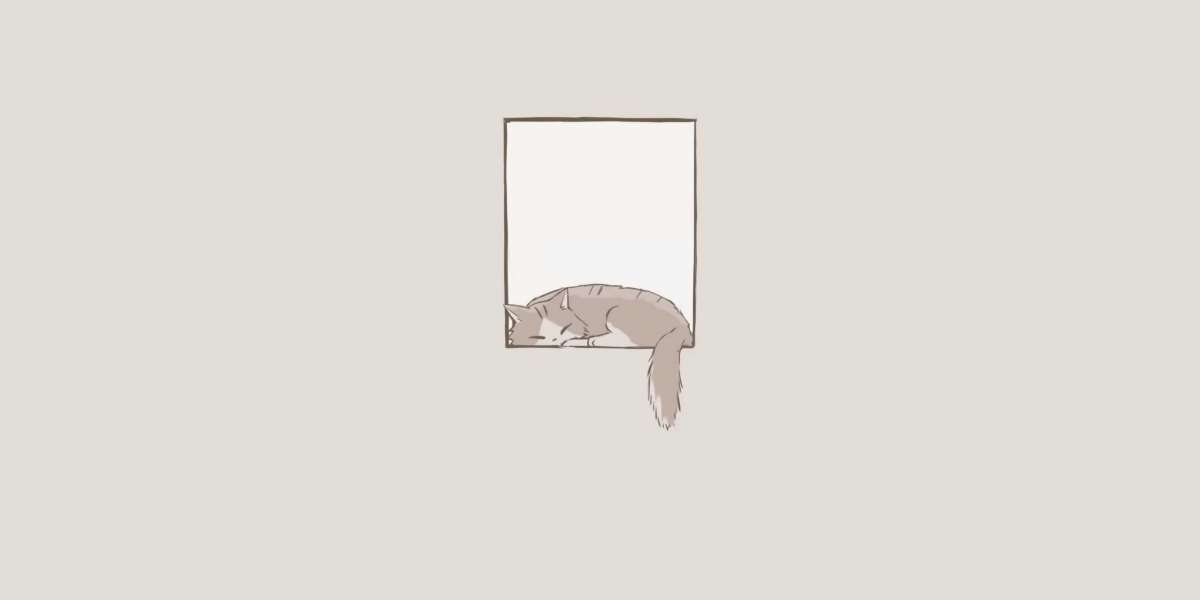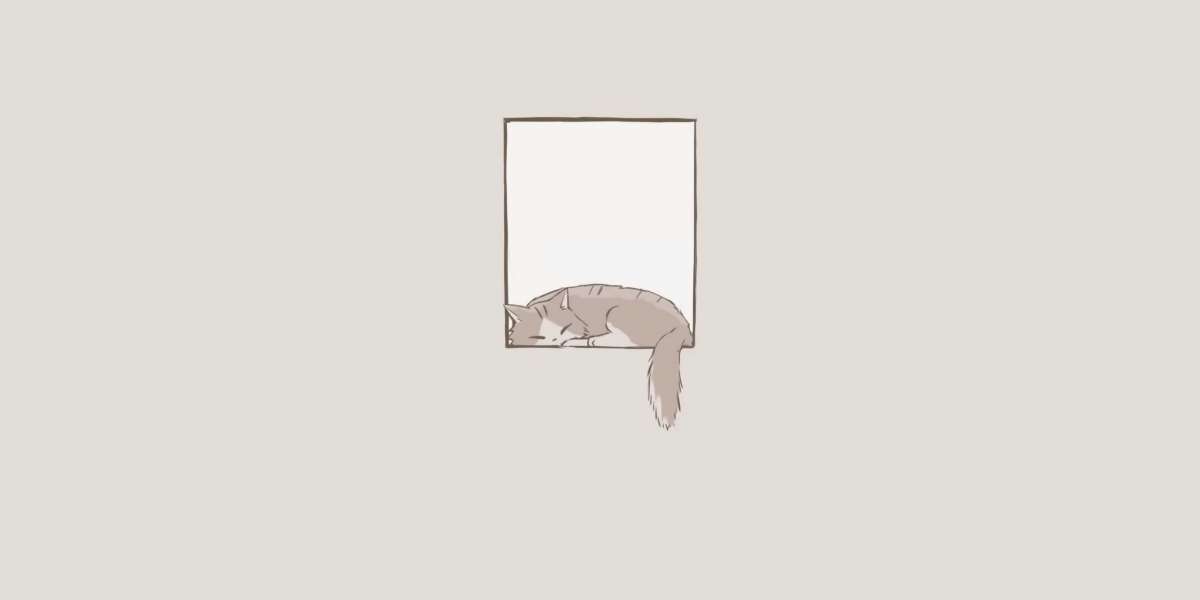When it comes to solar energy systems, the inverter plays a crucial role in converting the direct current (DC) generated by solar panels into alternating current (AC) for use in homes and businesses. However, like any electronic device, solar inverters can encounter issues that may disrupt their functionality. In this article, we will explore 8 common problems with solar inverters and provide easy fixes to address them.
1. No Power Output
One of the most common issues with solar inverters is a lack of power output. This can be caused by a variety of factors, including a tripped circuit breaker, a faulty DC disconnect, or a malfunctioning inverter. To address this problem, start by checking the circuit breaker and DC disconnect to ensure they are functioning properly. If they appear to be in working order, it may be necessary to troubleshoot the inverter itself or seek professional assistance.
2. Overheating
Overheating is another prevalent issue that can affect solar inverters, especially in hot climates or when the inverter is exposed to direct sunlight. To prevent overheating, ensure that the inverter is installed in a well-ventilated area with sufficient airflow. Additionally, consider installing a shade or canopy to protect the inverter from direct sunlight, which can help reduce its operating temperature and prolong its lifespan.
3. Ground Faults
Ground faults occur when an unintended connection between the DC and AC circuits of the solar energy system occurs. This can lead to safety hazards and may cause the inverter to shut down. To address ground faults, conduct regular inspections of the system's wiring and connections to identify any potential issues. Additionally, consider installing ground fault detection devices to quickly identify and address any faults that may arise.
4. Communication Errors
Many modern solar inverters are equipped with communication interfaces that allow them to connect to monitoring systems or home automation devices. However, communication errors can occur, preventing the inverter from transmitting data or receiving commands. To resolve communication errors, check the connections between the inverter and the monitoring system, and ensure that the communication settings are configured correctly. In some cases, a simple reboot of the inverter may also help resolve communication issues.
By addressing these common problems with solar inverters, you can ensure that your solar energy system continues to operate efficiently and reliably. Remember to consult the manufacturer's guidelines and seek professional assistance when necessary to address more complex issues. With proper maintenance and timely intervention, you can maximize the performance and longevity of your solar inverter, ultimately reaping the benefits of clean, renewable energy for years to come.








